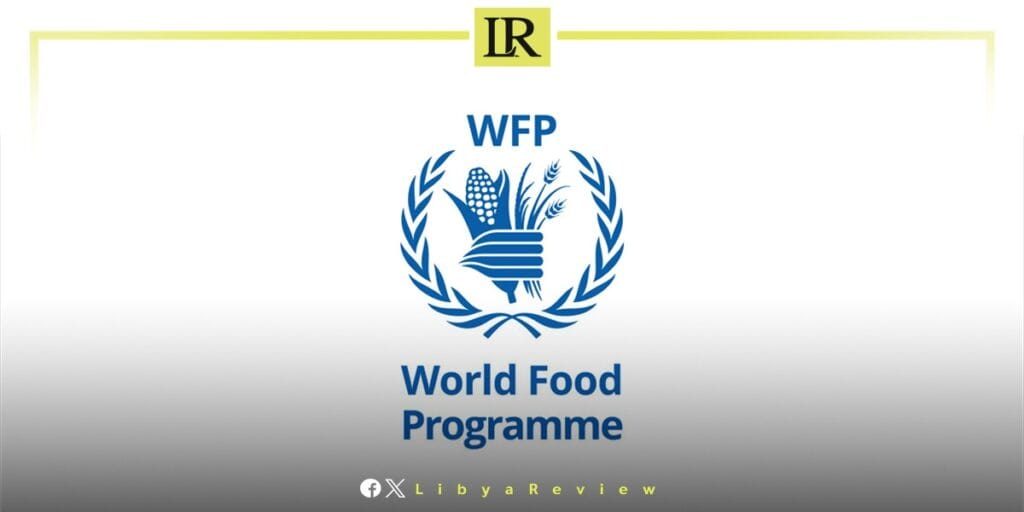The World Food Programme (WFP) has launched a large-scale food security initiative in Al-Jufra, central Libya, focusing on vulnerable communities through cash-based assistance and food vouchers.
The initiative is part of WFP’s broader strategy to guarantee access to essential food while promoting dignity, flexibility, and engagement with local markets.
A voucher-based system sits at the heart of the programme. Beneficiaries are able to redeem food baskets from approved local retailers. WFP and its implementing partners hold planning sessions to determine caseloads, timelines, and responsibilities. Retailers are carefully contracted to ensure quality and consistency of supplies.
Beneficiary data is strictly verified and updated under WFP’s data protection rules. Each voucher carries a unique identifier such as a serial number or QR code to prevent fraud. Awareness sessions are held to explain project goals, voucher redemption, and complaint mechanisms.
Distribution sites are agreed in advance, with measures in place for transparency, security, and crowd control. WFP staff oversee redemption, verify identities, and ensure beneficiaries receive full baskets, confirmed by signed receipts from both households and retailers.
Market monitoring is another key element. Price checks are carried out in non-contracted markets to assess affordability and sustainability. Retailer performance and supply chain challenges are reviewed regularly to maintain service quality.
At the close of each cycle, partners reconcile all vouchers, receipts, and records. A monthly reconciliation report is submitted to WFP within five working days, ensuring oversight and accountability.
Beneficiaries are also encouraged to use WFP’s Complaint and Feedback Mechanism to raise concerns. Rights to data privacy and information updates are explained during sensitisation sessions.
Through this initiative, WFP strengthens food security in Al-Jufra, supports local markets, and enhances transparency in humanitarian aid delivery.


